This is a topic of debate at our house since David and I fall on different points on this spectrum. Respectful debate, but debate nonetheless. We live in a world of information overload, there’s no question there. The differences lie in what we allow into our respective spaces and then what we do with it. I’m a fierce protector of the input I permit into my life, a curator of news, gossip, information of all sorts. This is known as Selective Ignorance, a term coined by Tim Ferriss in his description on his approach to going on an Information Diet.
Let’s dig in…
selective ignorance (noun):
the practice of selectively ignoring distracting, irrelevant, or otherwise unnecessary information received, such as e-mails, news reports, etc.
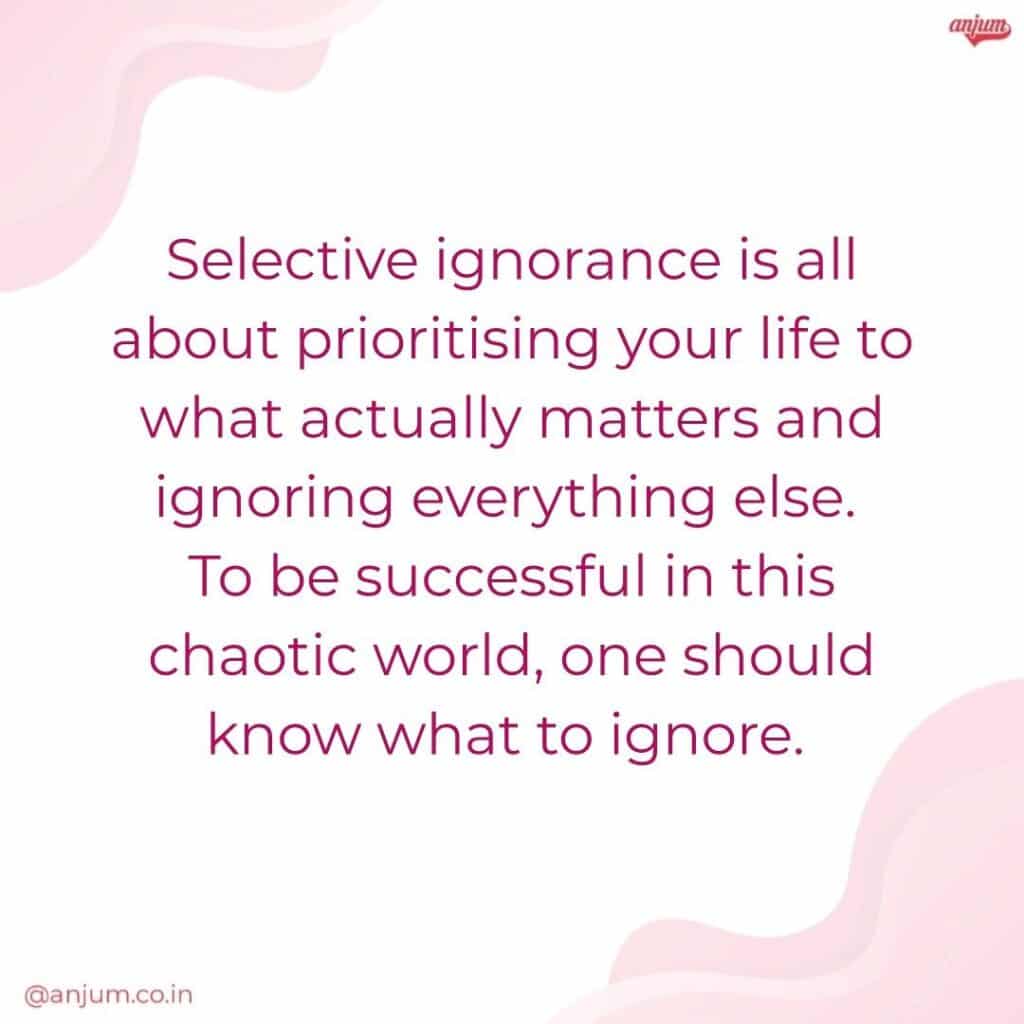
Human Capacity
Our brains are able to process 11 million bits of information every second, but our conscious minds can handle only 40 to 50 bits of information a second. It is finite and energy consumptive. So, if we allow everything to come at us like an open fire hydrant, unmetered and unfiltered, we may have little to no mental space or energy left for what really matters. This leads to…
Information Overload
Information overload occurs when the amount of input to a system exceeds its processing capacity. Decision makers have fairly limited cognitive processing capacity. Consequently, when information overload occurs, it is likely that a reduction in decision quality will occur.
– Bertram Gross, The Managing of Organizations: the Administrative Struggle

Which then leads to…
Decision Fatigue
Decision fatigue describes how our decision-making gets worse as we make additional choices and our cognitive abilities get worn out. Decision fatigue is the reason we feel overwhelmed when we have too many choices to make.
– Tierney, J. (2011, August 17). Do You Suffer From Decision Fatigue?
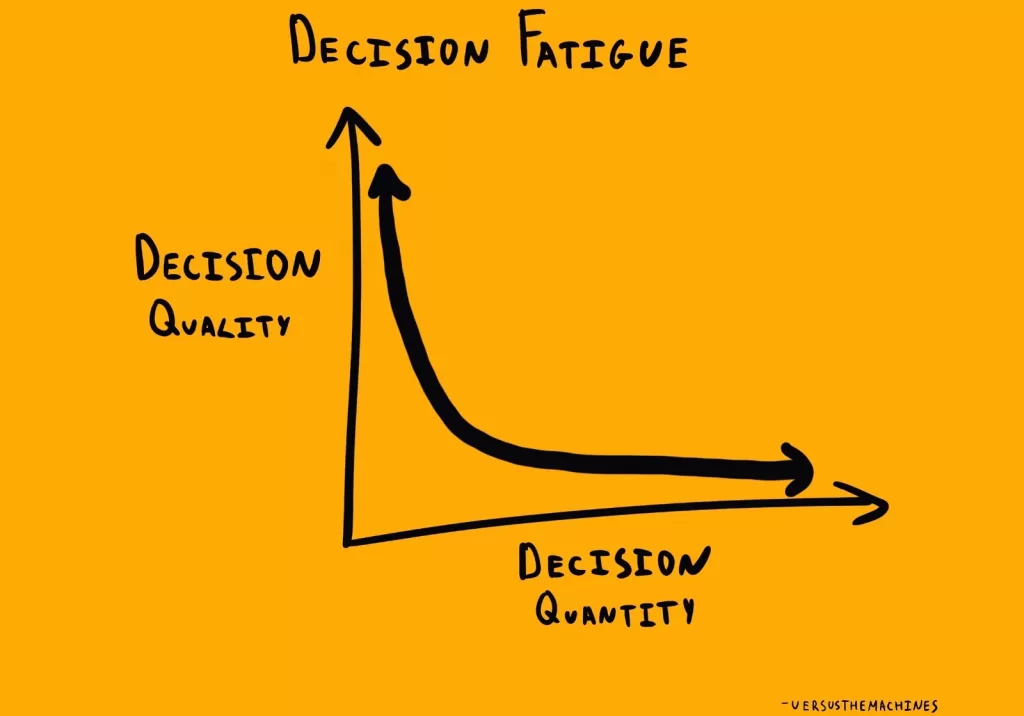
Which then leads to…
Exhaustion, decreased productivity, decreased focus on what matters, bad moods…
A whole lot of NO.
Does any of this feel familiar to you?
What Gets Through My Filter?
I like to think back to times prior to worldwide, immediate accessibility to information. People knew about what was in their immediate world and that was it. It was all that was available, but it was also all that mattered in their world and all they could directly impact. People in Kansas didn’t know about wars in Zimbabwe or fires in Australia, but they did know about local farming issues and therefore directed their attention to those problems. Their energy was focused and arguably more effective.
For me, can I do much for war torn Syria? No. But I can direct my attention to helping community members that have lost jobs due to the pandemic and now need assistance buying food, or voicing my opinion to local representatives about a proposed building project in our town, or visiting a bereaved neighbor.
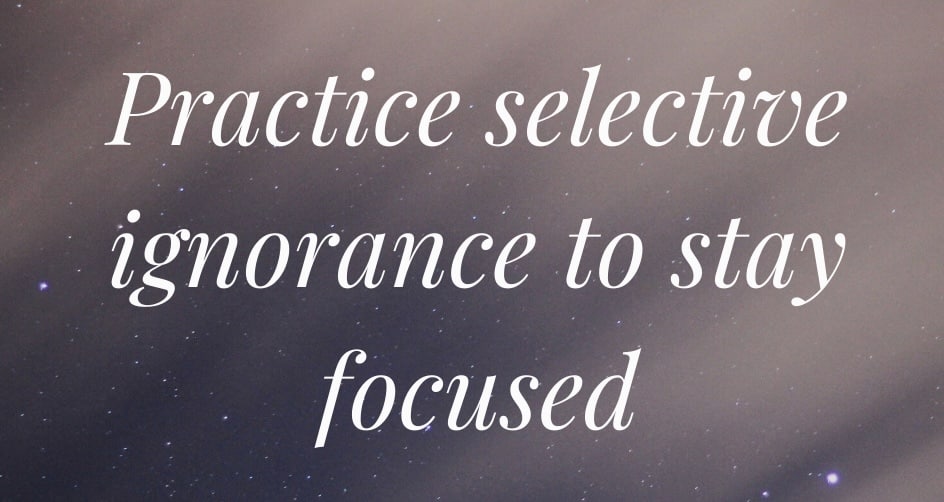
Is Selective Ignorance “Living in a Bubble”?
I suppose this is entirely perspectival. For me, choosing to not watch the news, listen to radio news, or consume whatever social media feeds throw at me is exercising my power of curation. It boils down to only allowing in things that are important to me and things that I can do something about.

This is not being heartless or cold. I care that people are hurting and dying and that there are wars all over the world, but if there is nothing I can do directly, I don’t want to hear about it. This is to preserve my limited mental capacity for the things that I can do something about.
Perhaps we should rename it Intentional Knowledge.
Curation
Instead, when I want news or other information, I seek it out, choosing sources that afford choice on my end. I curate. For example, during election season when I want to learn more about candidates, or when I want to know more about world events, I turn to sources like AllSides™. There, I can choose what I want to read, not be subject to whatever the tv and/or radio sources throw at me. I also have a range of viewpoints to choose from which is important – I like to consider all sides.
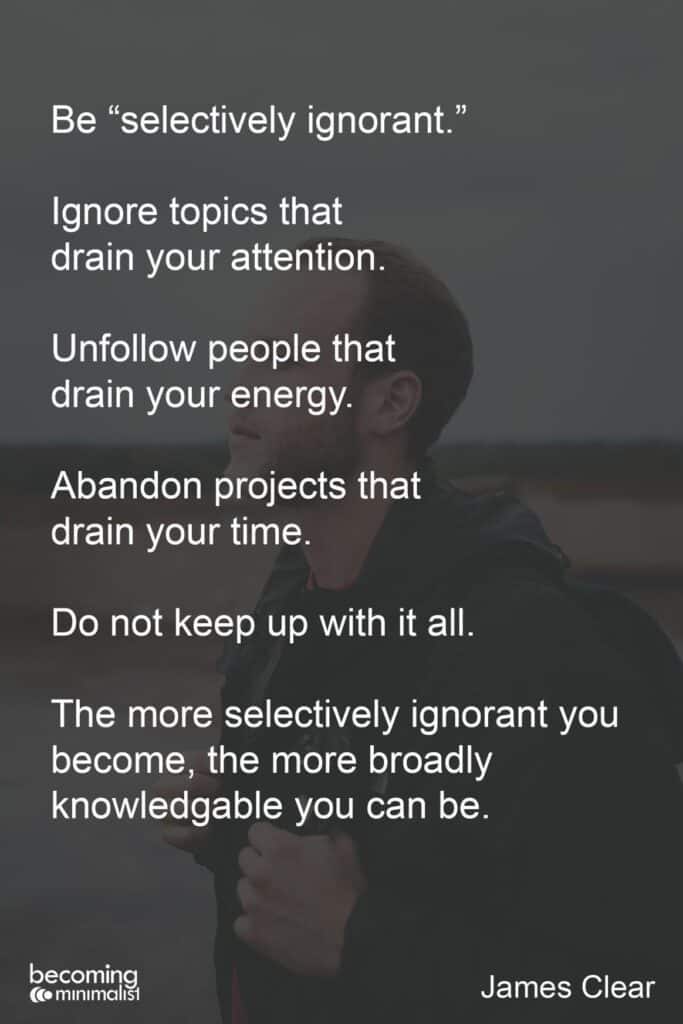
I’m certain we all fall on different points on the spectrum for what is acceptable to us, and I’m also certain that we could all benefit from exercising more selective ignorance.
For me, I want to show up as my very best for the things that matter and the things I can have an impact on. I care deeply about connecting and helping others, but selectively so. The rest I’m electing to remain ignorant to, cultivating selective ignorance.
We’re in a world of infinite interruption and infinite minutia. Practice ‘selective ignorance’—you don’t need to know and follow everything.
– Stephan Spencer’s Scatterings, Web 2.0 productivity
Here’s how I conquered my information overload and learned to love selective ignorance … Remove Your Distractions … Surf Smarter … Let Information Come to You …
– Jason Unger, How I Learned to Stop Worrying and Love Selective Ignorance
If you have landed on this page from an external link, please go HERE to read from the beginning. Otherwise, click on the next title below to continue.
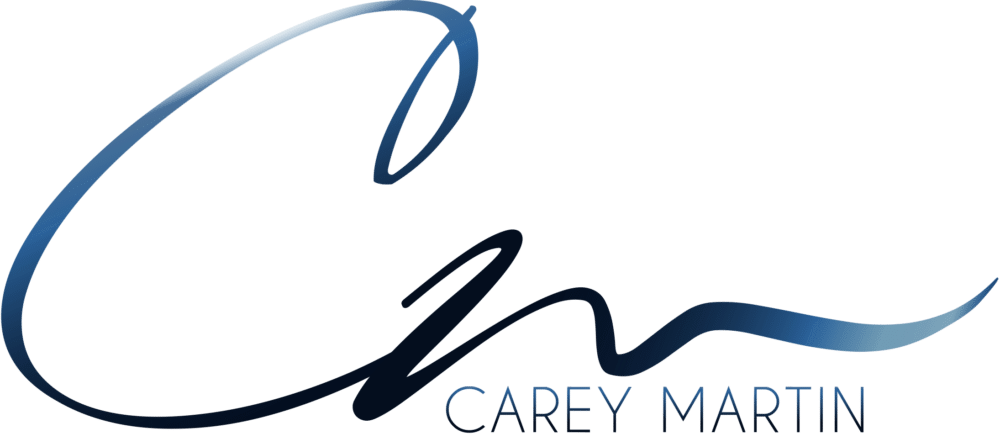
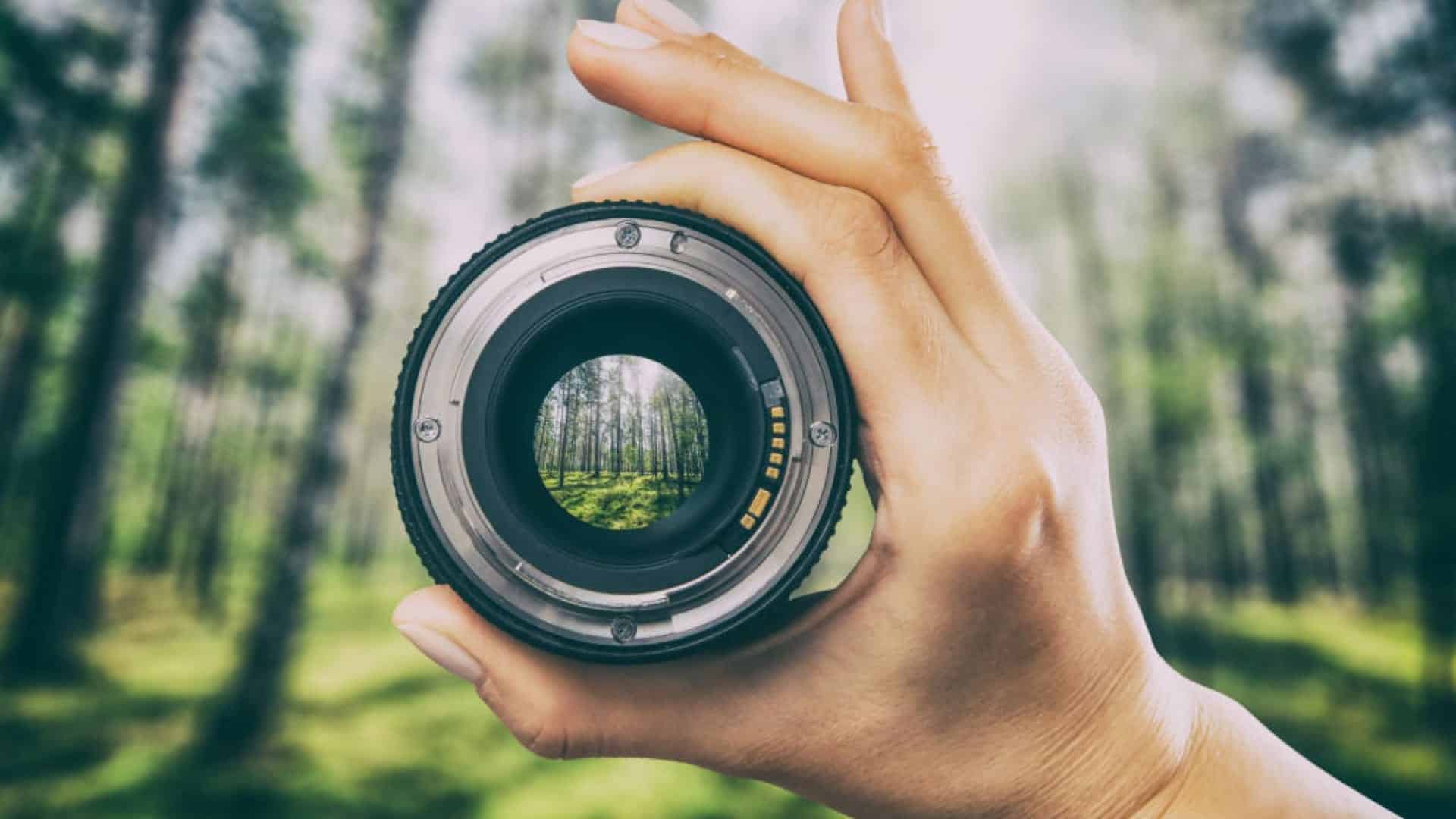
Great commentary and so appropriate now. I’ve been eliminating emails and news feeds for the reasons the reasons stated Carey.
Feels good, doesn’t it?
I like “ Intentional Knowledge”. It sounds better. The fact that we do debate this is a luxury. We are so blessed to have time to think about information overload. It’s a rich mans debate for sure. For me, it’s hard because I want to turn off everything and not listen to anything. The reality for me is that I need to know these stories because it helps me see the trends and keep my family above the fray. What I like to do is make sure I’m just reading the headlines and not getting into the drama that the media wants so they can sell their ads. I will be glad to join you someday Carey, but now I have to listen and make moves that will benefit our family and businesses. Great post!!
Intentional Knowledge sounds much better. Same concept, better name.
The need to know level is where you and I differ. Fortunately, we can give each other the space to consume/not consume at our own levels. Someday we can move to our private island and throw all of our devices away before we go.